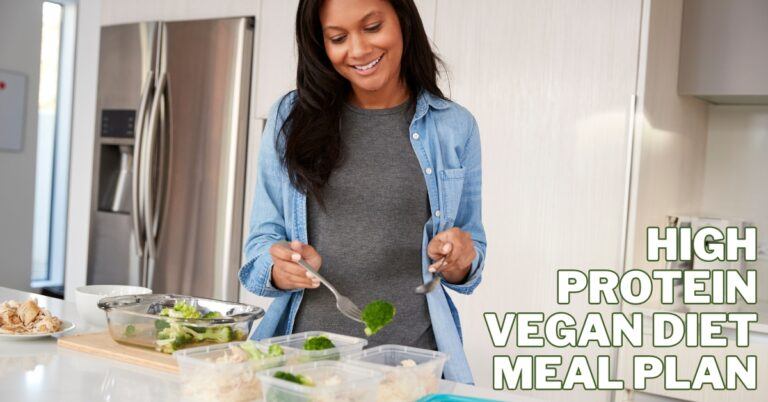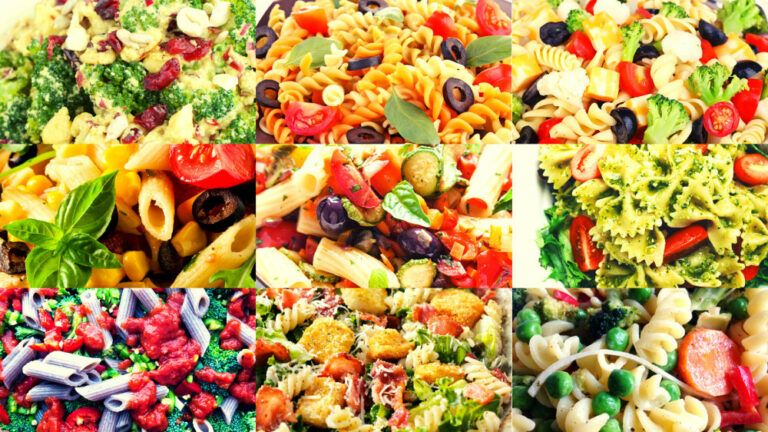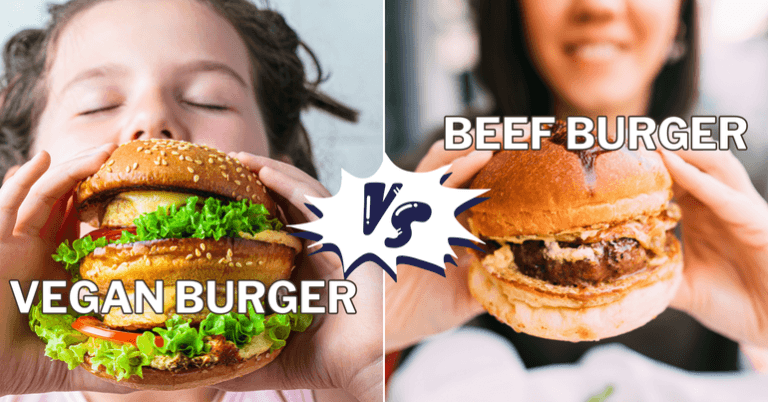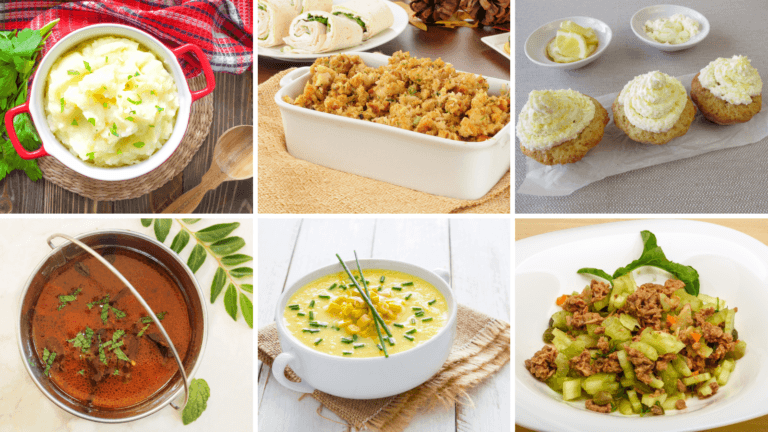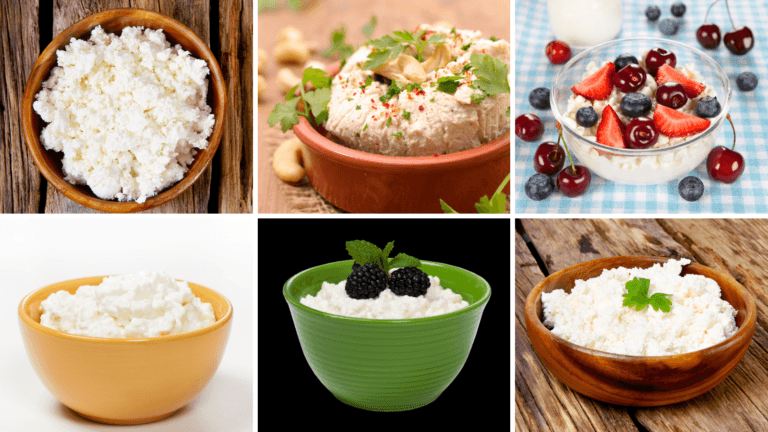Best Vegan Budget-Friendly Meals
Best Vegan Budget-Friendly Meals
Are you on a tight budget and trying to go vegan? Not a problem. Despite widespread misunderstandings about this way of living, acquiring inexpensive vegan food and making wonderful meals with it is rather simple.
Whether you are a seasoned vegan or are just beginning your plant-based adventure, these affordable meal recommendations will inspire you to try new foods and live a healthy, cheap lifestyle.
This article will explore some of the best vegan budget-friendly meals that are easy on your wallet, satisfying, and delicious.
These budget-friendly meal ideas will help maximize your ingredients while providing a well-balanced and flavourful dining experience.
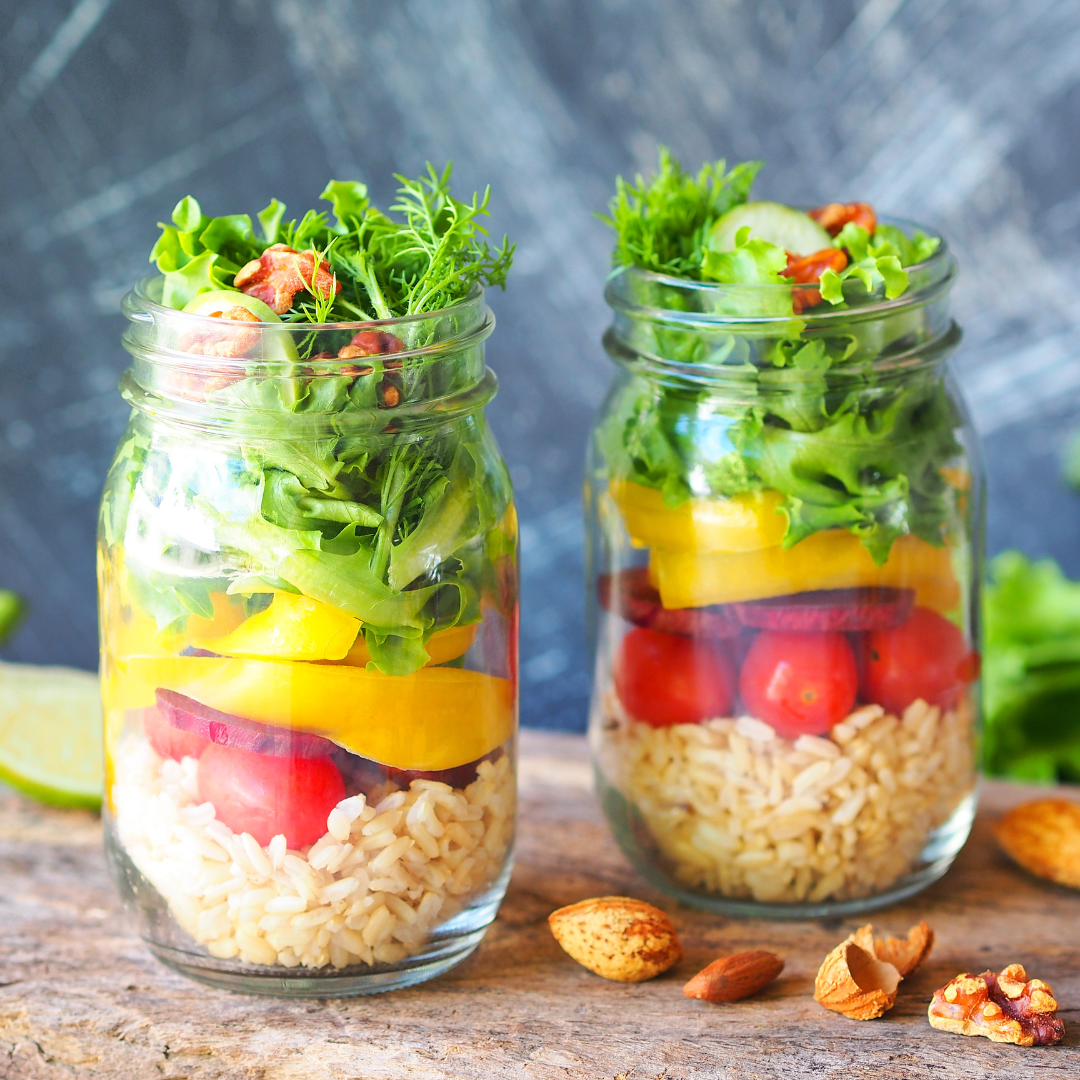
Plant-Powered Living: Reasons To Choose Vegan Meals For A Better World
Numerous advantages, including ethical, environmental, and health considerations, can be gained from choosing vegan food.
To comprehend why choosing vegan meals is a compelling choice, let's look into each of these factors in more detail:
1. Ethical Considerations
Many people choose a vegan lifestyle because of their ethical convictions and concerns for animal welfare.
Those who follow a vegan diet avoid eating or using animal products such as meat, dairy, eggs, and honey.
The decision demonstrates a dedication to minimizing animal suffering and advancing their welfare.

2. Environmental Sustainability
Animal agriculture has a tremendous negative environmental impact. In addition to deforestation and water degradation, the livestock business contributes significantly to greenhouse gas emissions.
People's carbon footprints can be greatly reduced, and they can help make the world more sustainable by choosing vegan food.
3. Health Advantages Of A Vegan Diet
A well-planned vegan diet can give one all the necessary nutrients to live a long and healthy life. Plant-based meals are typically high in fibre, vitamins, minerals, and antioxidants.
Compared to items derived from animals, they usually have lower cholesterol and saturated fat levels.
Vegan diets are demonstrated in studies to help lower the risk of chronic illnesses like heart disease, high blood pressure, obesity, and several types of cancer.
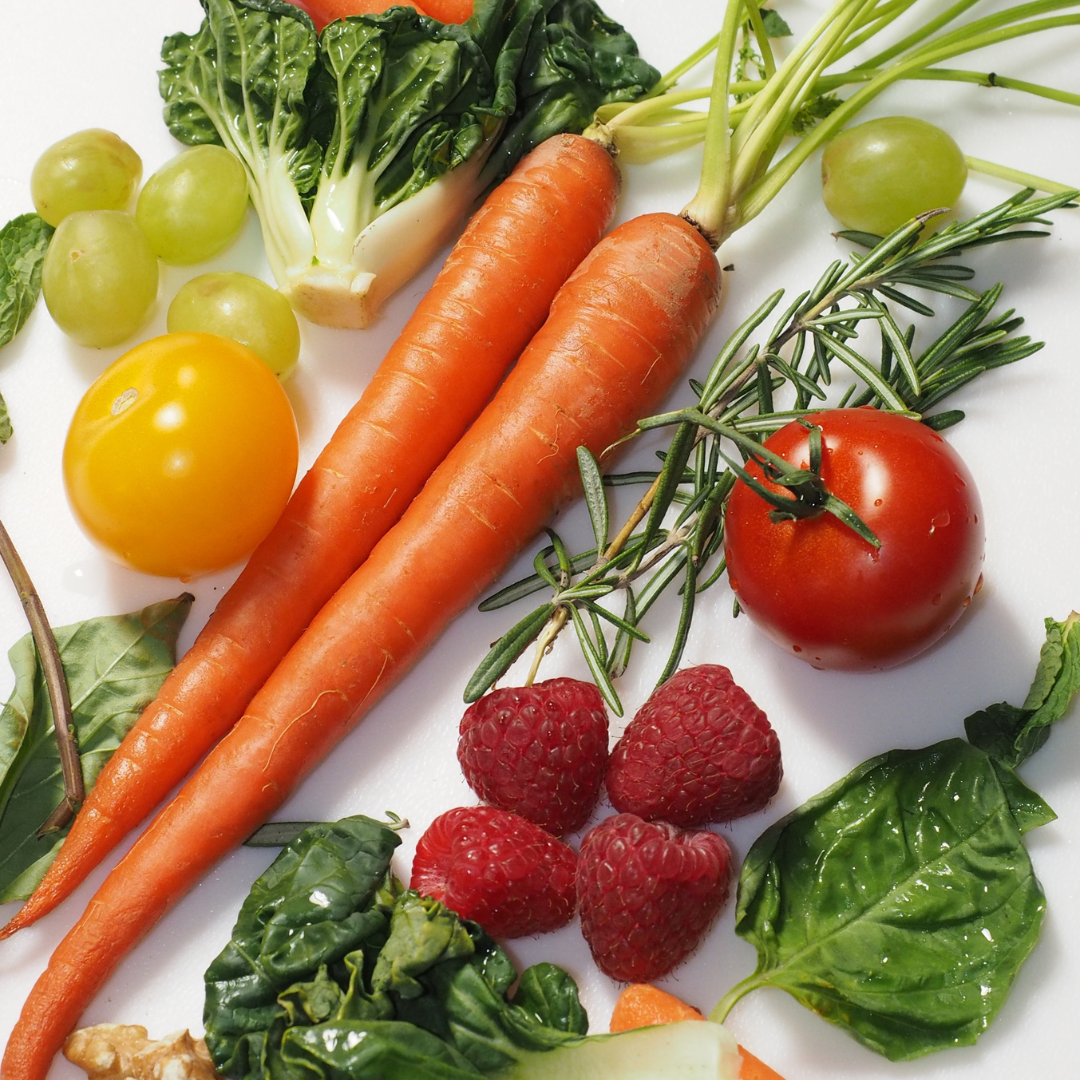
4. Variety And Culinary Exploration
Adopting a vegan lifestyle enables people to experiment with various foods made from plants.
Thanks to this culinary investigation, people can find inventive methods to create meals utilizing fruits, vegetables, grains, legumes, nuts, and seeds, which opens up new possibilities and tastes.
5. Allergen-Friendly Options
Vegan meals can be a good option for people with typical allergies or intolerances. For people with dietary restrictions, vegan meals offer a secure and welcoming dining alternative because they don't contain dairy, eggs, or other common allergens.
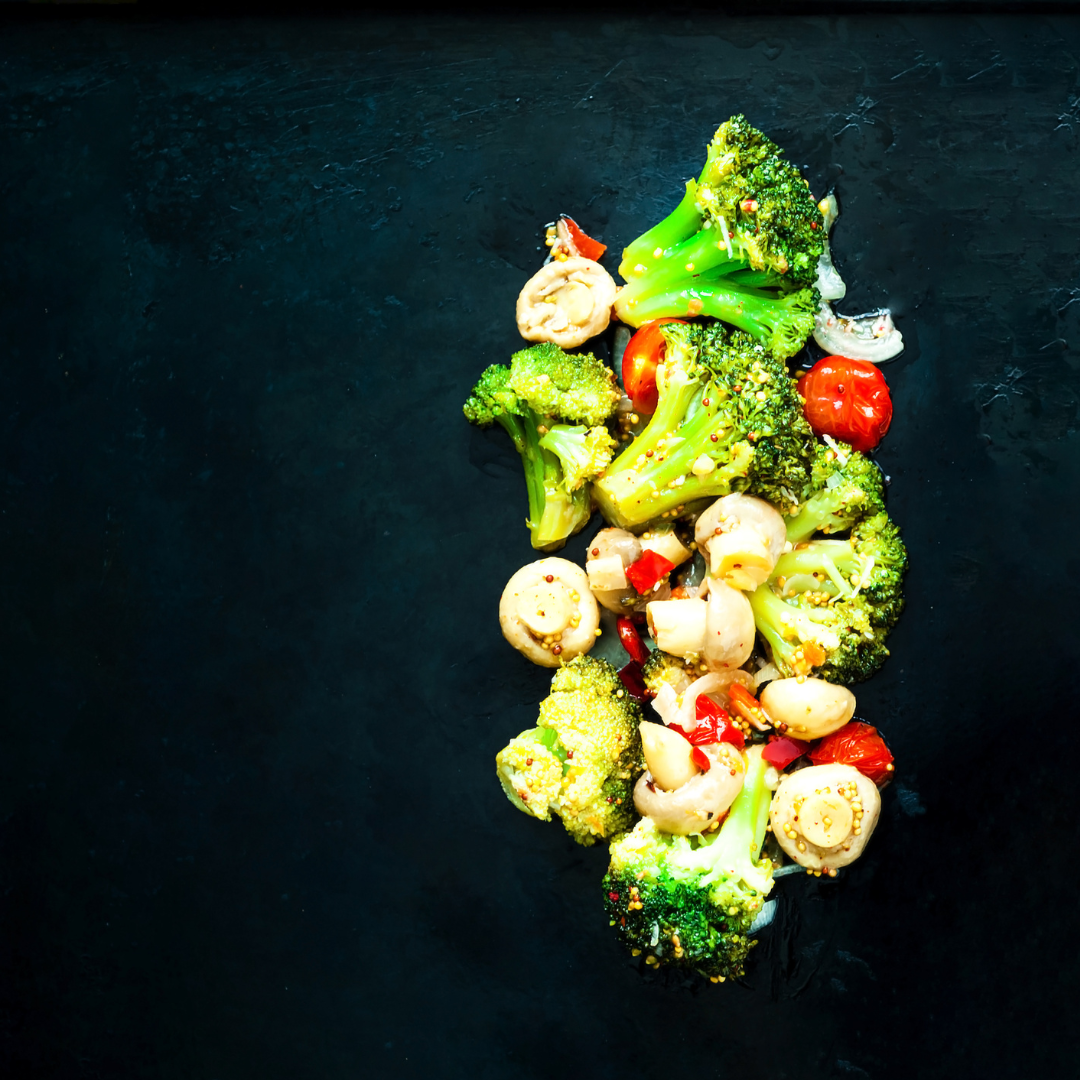
6. Budget-Friendly Meals
Despite what the general public thinks, vegan meals can be inexpensive. Grain, legumes, and seasonal fruits and vegetables are staples of a vegan diet that are frequently less expensive than animal goods.
People can save money while eating wholesome, enjoyable meals by prioritizing these inexpensive ingredients and cooking from scratch.
In summary, choosing vegan food supports ethical principles, encourages environmental sustainability, offers health benefits, allows culinary experimentation, accommodates allergen requirements, and may be cost-effective.
Including vegan meals in your diet can benefit you and the environment, whether your decision is driven by one or several factors.
Best Vegan Budget-Friendly Meals

1. Vegan Lentil Soup
Cook a hearty vegan lentil soup with carrots, onions, and celery. Lentils are inexpensive and packed with protein and fibre.
The vegan diet can benefit greatly from adding lentil soup, which is very nourishing. Lentils are essential to a vegan diet due to their abundance of plant-based protein.
Protein is needed to maintain healthy skin, hair, and nails. Your vegan meals will include enough protein if you have lentil soup.
Lentils are an excellent plant-based supply of iron, which is important for creating red blood cells and moving oxygen throughout the body.
Plant-based iron is non-heme iron, better absorbed with foods high in vitamin C, like tomatoes or lemon juice. Iron requirements can be met by including lentil soup in your vegan meals.
Lentils are a good source of potassium, magnesium, phosphorus, and vitamin B6, as well as several other vitamins and minerals.
Here is an approximate breakdown of the nutritional value of lentil soup per serving, along with the percentage of the recommended daily intake (based on a 2000-calorie diet):
Nutritional Value Of Vegan Lentil Soup
- Calories: 200-250 calories (10-12.5%)
- Protein: 15-20 grams (30-40%)
- Fat: 2-5 grams (3-7.5%)
- Carbohydrates: 35-45 grams (11-15%)
- Fibre: 10-15 grams (40-60%)
- Iron: 3-5 milligrams (20-30%)
- Folate: 100-150 micrograms (25-37.5%)
- Potassium: 500-700 milligrams (10-15%)
- Vitamin C: 10-20 milligrams (12.5-25%)
- Vitamin A: 500-1000 IU (10-20%)
- Sodium: 500-800 milligrams (20-35%)
Please note that these values may vary depending on the recipe and ingredients used to prepare the lentil soup.
It's always a good idea to refer to the detailed nutritional information for the recipe you follow or adjust the values based on your dietary needs.
6 Best Vegan Lentil Recipes For Your Kids

2. Vegan Chickpea Curry
Make a flavourful chickpea curry using canned chickpeas, coconut milk, and spices like turmeric, cumin, and coriander. Serve it with rice or naan bread.
Due to its variety of nutritional advantages, a chickpea curry is a fantastic option for a vegan diet.
The primary component of chickpea curry, chickpeas, are an excellent plant-based protein source. The synthesis and repair of tissues, immune system support, and satiety are all facilitated by protein.
Dietary fibre is abundant in chickpeas and essential for maintaining regular bowel movements, blood sugar control, and digestive health.
Fibre helps people manage their weight by making them feel fuller for longer. Chickpea Curry's high fibre content supports the overall fibre intake of a vegan diet.
Iron is a chickpea mineral that produces red blood cells and transports oxygen throughout the body.
The B vitamin folate, crucial for cell growth and development, is in large amounts in chickpeas.
Folate is especially important for expecting mothers since it promotes fetal development.
Including chickpea curry in your vegan meals can assist in consuming the recommended amounts of folate.
Here is an approximate breakdown of the nutritional value of chickpea curry per serving, along with the percentage of the recommended daily intake (based on a 2000-calorie diet):
Nutritional Value Of Vegan Chickpea Curry
- Calories: 250-300 calories (12.5-15%)
- Protein: 10-15 grams (20-30%)
- Fat: 10-15 grams (15-23%)
- Carbohydrates: 35-45 grams (11-15%)
- Fibre: 8-12 grams (32-48%)
- Iron: 2-4 milligrams (11-22%)
- Folate: 100-200 micrograms (25-50%)
- Potassium: 400-600 milligrams (8-12%)
- Vitamin C: 10-20 milligrams (12.5-25%)
- Vitamin A: 500-1000 IU (10-20%)
- Sodium: 500-800 milligrams (20-35%)
When combined with veggies or whole grains like rice, Chickpea curry may provide a satisfying and nutrient-dense vegan meal. It provides fibre, vitamins, minerals, and plant-based protein.
To ensure a wide variety of nutrients in your diet and to take advantage of the nutritional advantages of chickpea curry as part of your diet, keep in mind to consume a diversity of plant-based foods.

3. Vegan Pasta With Marinara Sauce
Prepare a simple pasta dish by tossing cooked pasta with homemade or store-bought marinara sauce.
Add sautéed vegetables like bell peppers, zucchini, and mushrooms for extra flavour. A helpful complement to a vegan diet might be pasta with marinara sauce because it is a flexible and wholesome alternative.
Carbohydrates, which provide your body energy, are plentiful in pasta. For those who are active, carbohydrates are a crucial macronutrient.
Pasta is a fantastic source of sustaining energy and can be included in vegan meals. Dietary fibre, which supports regular bowel movements, promotes digestion, and aids in weight maintenance, is particularly abundant in whole wheat pasta.
Additionally, fibre promotes satiety, which is advantageous for controlling portions and maintaining a healthy weight.
Typically, tomatoes—high in antioxidants like lycopene—are used to make marinara sauce. Lycopene is well known for its possible health advantages, which include lowering the chance of developing several chronic conditions.
Here is an approximate breakdown of the nutritional value of pasta with marinara sauce per serving, along with the percentage of the recommended daily intake (based on a 2000-calorie diet):
Nutritional Value Of Vegan Pasta With Marinara Sauce
- Calories: 300-400 calories (15-20%)
- Protein: 10-15 grams (20-30%)
- Fat: 2-5 grams (3-7.5%)
- Carbohydrates: 55-70 grams (18-23%)
- Fibre: 5-8 grams (20-32%)
- Vitamin C: 10-20 milligrams (12.5-25%)
- Vitamin A: 500-1000 IU (10-20%)
- Potassium: 400-600 milligrams (8-12%)
- Iron: 2-4 milligrams (11-22%)
- Sodium: 500-800 milligrams (20-35%)
These values may vary depending on the ingredients used and the portion size of the pasta with marinara sauce.
It's important to consider the nutritional content of the pasta itself (especially if using whole wheat or whole grain varieties) and the ingredients used in the marinara sauce (such as tomatoes, herbs, and spices). Adjustments can be made based on your specific dietary needs and preferences.

4. Rice And Beans
Combine cooked rice and canned beans (such as pinto beans, kidney beans, or black beans) for a filling and low-cost supper. Cumin, paprika, and garlic powder can be used to season them.
Traditional rice and bean mixtures are the foundation of many vegan recipes. Beans and rice provide a complete protein source.
Rice is often low in lysine and methionine, whereas beans are high in lysine and low in methionine.
Because eating rice and beans together guarantees a balanced amino acid profile, it is an important source of protein for vegans.
Rice and beans are great providers of complex carbohydrates, which are the main fuel for the body.
In addition to providing long-lasting energy and being a good source of dietary fibre, complex carbs also help people feel satisfied and full.
Various important vitamins and minerals, such as folate, iron, magnesium, potassium, and zinc, are present in rice and beans.
These nutrients are essential for several biological processes, including synthesizing red blood cells, energy metabolism, bone health, and immunological support.
Here is an approximate breakdown of the nutritional value of rice and beans per serving, along with the percentage of the recommended daily intake (based on a 2000-calorie diet):
Nutritional Value Of Rice (1 cup cooked)
- Calories: 200-240 calories (10-12%)
- Protein: 4-5 grams (8-10%)
- Fat: 0-1 gram (0-1.5%)
- Carbohydrates: 45-50 grams (15-17%)
- Fibre: 1-2 grams (4-8%)
- Iron: 0.5-1 milligram (3-6%)
- Folate: 40-80 micrograms (10-20%)
- Potassium: 80-160 milligrams (2-4%)
- Magnesium: 15-30 milligrams (4-7.5%)
Nutritional Value Of Beans (½ cup cooked)
- Calories: 100-120 calories (5-6%)
- Protein: 6-8 grams (12-16%)
- Fat: 0-1 gram (0-1.5%)
- Carbohydrates: 20-25 grams (7-8%)
- Fibre: 6-8 grams (24-32%)
- Iron: 1-2 milligrams (6-12%)
- Folate: 100-200 micrograms (25-50%)
- Potassium: 300-400 milligrams (6-8%)
- Magnesium: 30-40 milligrams (7.5-10%)
Rice and beans provide a complementary nutritional profile, offering a good balance of protein, carbohydrates, fibre, vitamins, and minerals.
They are a nutritious and versatile combination that can be the basis for many delicious and satisfying vegan meals.

5. Veggie Stir-Fry
Stir-fry vegetables like broccoli, bell peppers, carrots, and snap peas. Serve it with rice or noodles, and add a flavourful sauce with soy sauce, garlic, and ginger.
Various vibrant vegetables can be added to your dinner by stir-frying them. Vegetables are a great source of nutritional fibre, vitamins, and minerals.
Stir-fried vegetables are a great source of vitamins A, C, and K and minerals like magnesium and potassium.
These vitamins and minerals are essential for preserving bone, ocular, immune, and overall health.
Various vegan meals are possible because rice and beans may be served in so many ways.
Use a range of beans and grains, such as chickpeas, kidney beans, or chickpeas, as well as different kinds of rice, such as brown, wild, or jasmine rice, to give variety to your meals.
Herbs, spices, and vegetables can be used to season them, enhancing their flavour and nutritional value.
The nutritional value of a veggie stir-fry can vary depending on the specific vegetables and cooking methods used.
However, here is a general breakdown of the dietary components and their approximate percentages of the recommended daily intake (based on a 2000-calorie diet):
Nutritional Value Of Veggie Stir-Fry
- Calories: 150-250 calories (7.5-12.5%)
- Protein: 5-10 grams (10-20%)
- Fat: 5-10 grams (7.5-15%)
- Carbohydrates: 20-30 grams (6.5-10%)
- Fibre: 5-10 grams (20-40%)
- Vitamin A: 1000-2000 IU (20-40%)
- Vitamin C: 20-40 milligrams (25-50%)
- Vitamin K: 50-100 micrograms (62.5-125%)
- Potassium: 300-600 milligrams (6-12%)
- Magnesium: 30-60 milligrams (7.5-15%)
Remember that the nutritional value of a veggie stir-fry can be enhanced by including a variety of colourful vegetables, opting for nutrient-dense options, and using minimal amounts of healthy oils for cooking.
It's also important to balance your meal by pairing the stir-fry with other plant-based protein sources and whole grains to create a well-rounded and nutritious vegan meal.

6. Sweet Potato And Black Bean Tacos
Mix sweet potatoes with black beans for delicious and filling tacos. Top with salsa, avocado, and lettuce for added freshness.
Tacos with black beans and sweet potatoes are a great option for a tasty and filling vegan lunch.
Sweet potatoes are root vegetables with a high nutritious content high in fibre, vitamins A and C, potassium, and antioxidants.
While delivering vital nutrients for general health, they give the tacos a natural sweetness and a creamy texture.
A fantastic source of plant-based protein and dietary fibre is black beans. They offer additional minerals, iron, folate, and vital amino acids.
The tacos' use of black beans boosts protein intake and gives the food a filling and substantial quality.
Tacos with sweet potatoes and black beans have a variety of flavours and garnishes.
To promote the nutritional value and improve the taste, you can add a variety of fresh vegetables, including lettuce, tomatoes, onions, and avocado.
Salsa, guacamole, or dairy-free sour cream toppings can boost flavour and texture.
The tacos are a filling and delicious vegan supper option since the black beans and sweet potatoes give a decent quantity of plant-based protein.
Building and mending tissues, maintaining the health of muscles, and fostering satiety depend on protein.
The nutritional value of sweet potato and black bean tacos can vary depending on the specific ingredients and portion sizes used.
However, here is a general breakdown of the nutritional components and their approximate percentages of the recommended daily intake (based on a 2000-calorie diet):
Nutritional Value Of Sweet Potato And Black Bean Tacos
- Calories: 250-350 calories (12.5-17.5%)
- Protein: 8-12 grams (16-24%)
- Fat: 5-10 grams (7.5-15%)
- Carbohydrates: 40-50 grams (13-17%)
- Fibre: 8-12 grams (32-48%)
- Vitamin A: 1000-2000 IU (20-40%)
- Vitamin C: 20-40 milligrams (25-50%)
- Potassium: 500-700 milligrams (10-14%)
- Iron: 2-4 milligrams (11-22%)
- Calcium: 50-100 milligrams (5-10%)
The exact amounts and ingredients used in your tacos, such as the type and size of the tortillas, the toppings, and the cooking techniques, can change these numbers, so please consider that.
For a more accurate evaluation, it's always a good idea to consult the nutritional data on the particular items you're using.
To make your sweet potato and black bean tacos even more nutritious, consider adding fresh vegetables like lettuce, tomatoes, onions, or cilantro for added vitamins and minerals. Using whole-grain tortillas can also increase your meal's fibre and nutrient content.
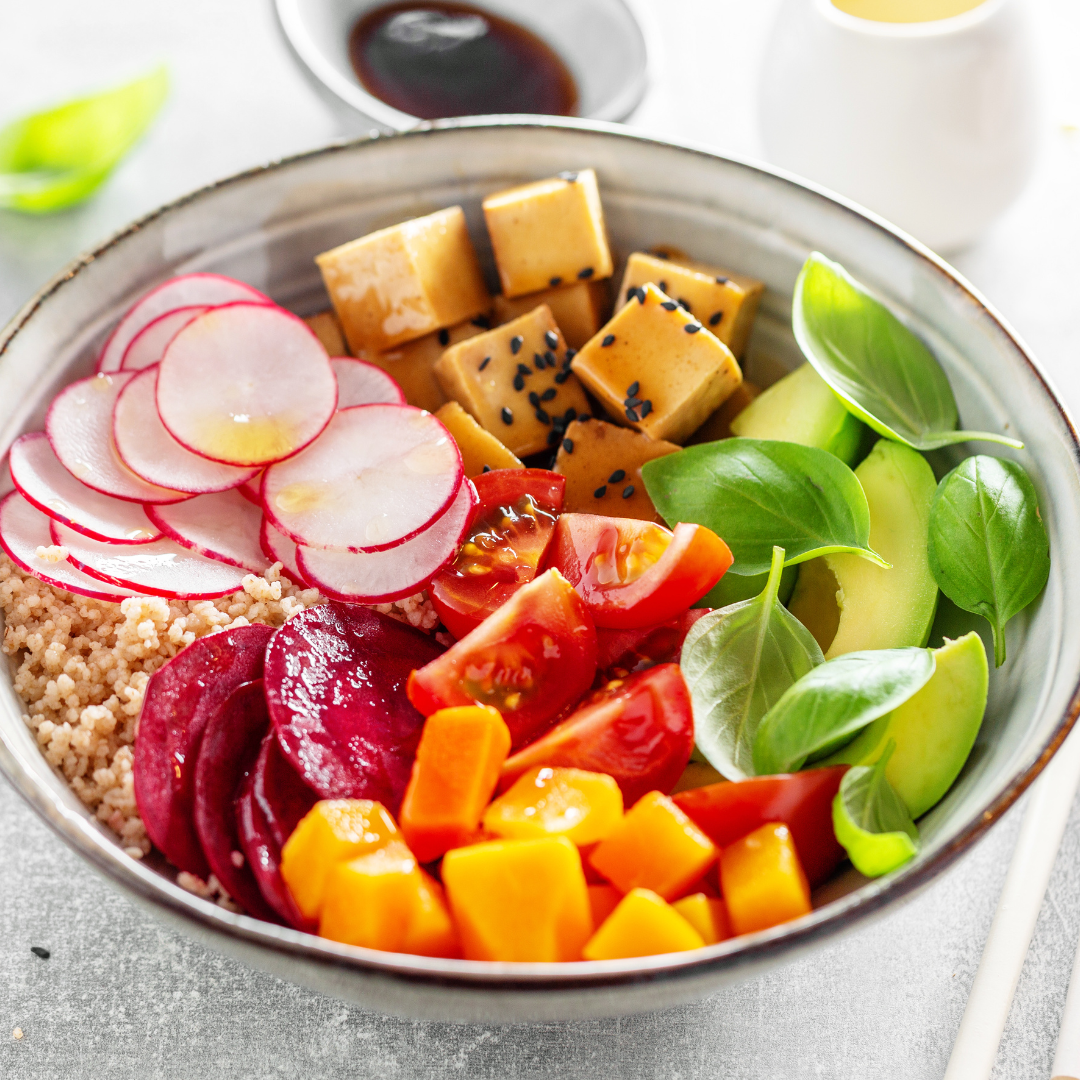
Conclusion
There is no need to spend a fortune on vegan food. It can be a very cost-effective method of consuming delicious and nourishing meals.
You may prepare a variety of tasty vegan dinners that won't break the bank with a little imagination and wise buying.
This guide teaches you how to prepare the greatest vegan dishes that are both good and economical, whether you're a seasoned vegan or just beginning to learn about plant-based eating.
We've got you covered with budget-friendly options that will satiate your palate and nurture your body, from filling grain bowls and robust soups to tasty stir-fries and cozy stews.
Prepare to be surprised by the abundance of tasty vegan meals that are both inexpensive and delicious without sacrificing nutrition.
Quinoa Salad With Herbs: Cook quinoa and mix it with chopped vegetables like cucumber, tomatoes, and bell peppers. Add a simple dressing made with lemon juice, olive oil, and herbs for a refreshing salad.
Black Bean Veggie Burger with Oven-Baked Carrot Fries: Make homemade veggie burgers using mashed beans, vegetables, and spices. Serve them on buns with lettuce, tomato, and condiments. Pair them with oven-baked fries for a satisfying meal.
Oatmeal with Fruit: Start your day with a budget-friendly and nutritious vegan breakfast by making oatmeal with plant-based milk. Top it with fresh or frozen fruits, nuts, and seeds.
Hummus and Veggie Wraps: Spread hummus on whole-wheat tortillas and fill them with sliced vegetables like cucumbers, bell peppers, and lettuce. It's a quick and easy meal for on-the-go.
I trust you enjoyed this article about the Best Vegan Budget-Friendly Meals. Please stay tuned for more blog posts to come shortly. Take care!
JeannetteZ
>>>Please click here to read my Vegan Travel Guides To World Destinations<<<
>>>Want To Learn How To Create Delicious, Cruelty-Free, Healthy AND 100% Vegan Meals? Try These Awesome Vegan Cooking Courses With A Free 7-DAY MEMBERSHIP<<<
Your Opinion Is Important To Me
Do you have thoughts, ideas, or questions? I would love to hear from you. Please leave your questions, experiences, and remarks about the Best Vegan Budget-Friendly Meals article in the comments below. You can also email me at Jeannette@LivingTheVeganLifestyle.org.
Disclosure
This post may contain affiliate links. I earn from qualifying purchases as an Amazon Associate and other affiliate programs. Please read my full disclosure.
Here are links to some of my favourite articles:
Best Vegan Cottage Cheese Recipes For Your Kids
Best Vegan Parenting Tips For Raising Vegan Kids
Most Delicious Vegan Keto Snack Recipes
11 Best Vegan Avocado Recipes For Your Kids


